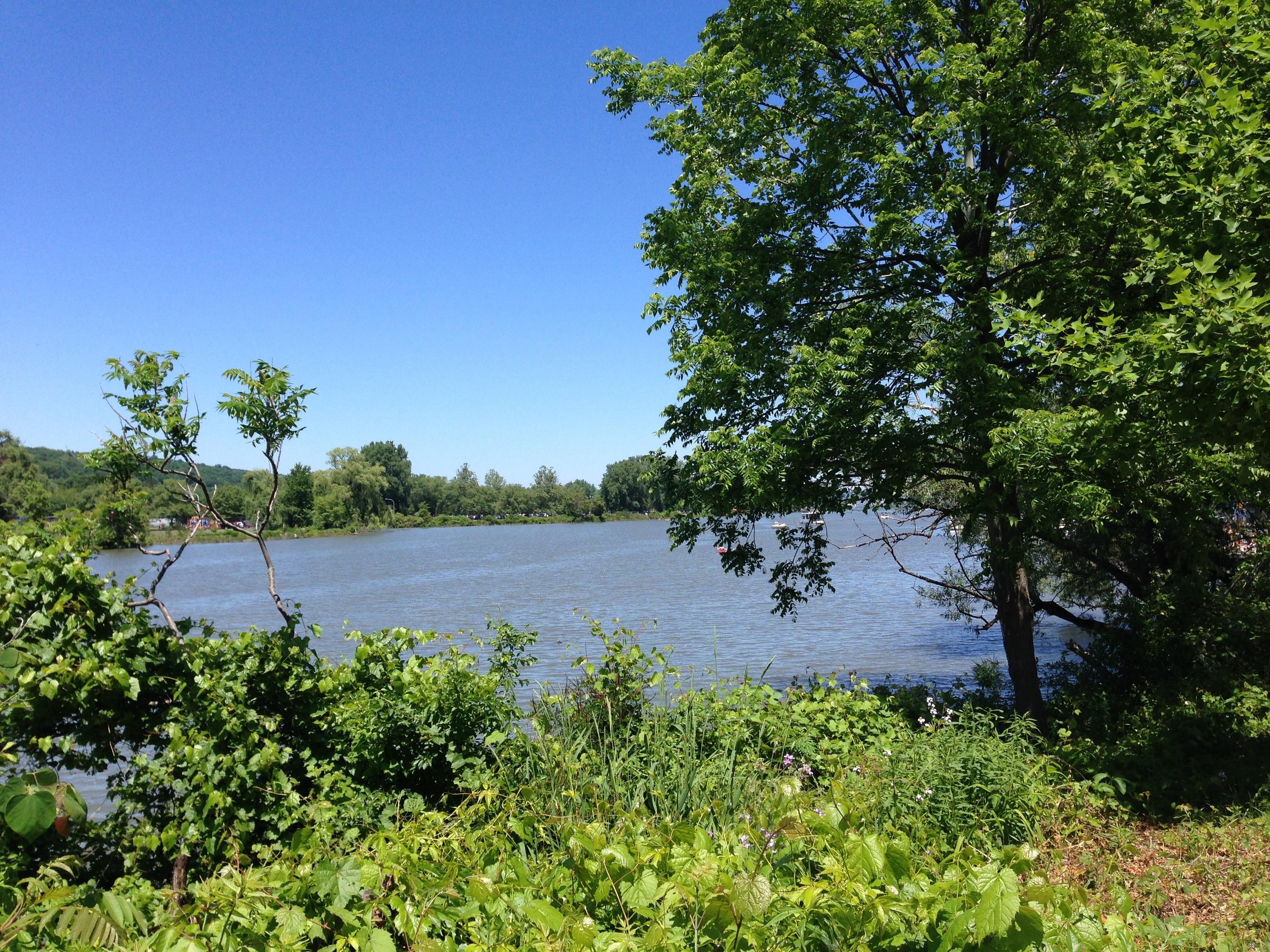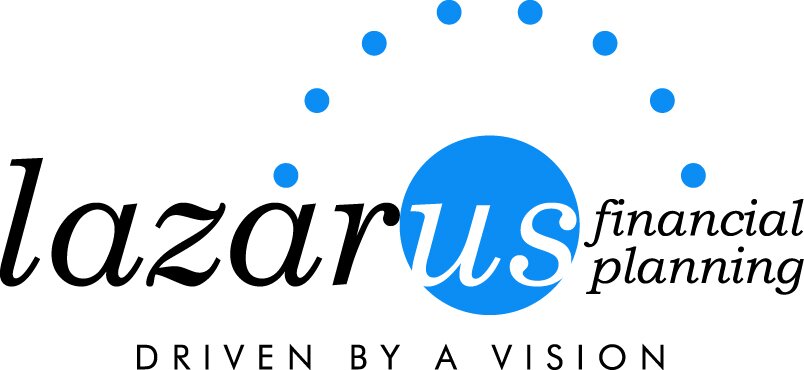
I alone cannot change the world, but I can cast a stone across the waters to create many ripples.
– Mother Teresa
Socially Responsible Investing
I use the term ‘socially responsible investing (SRI)’ interchangeably with ‘sustainable investing’ and ‘impact investing’, but I favor SRI because it includes a simple word that resonates deeply with me: responsible.
Our investment accounts aren’t just something that passively grow in value to fund our current or future lifestyles. When we invest our money, we are making it available to public companies, private companies, governments, non-profits, banks and credit unions so that they can produce certain goods or provide certain services. These entities carry a responsibility to use it well. And because our capital is being used by these organizations, I believe we carry a responsibility for the way they run their entity, how they treat their people, their impact on the environment, the goods and services they produce, and ultimately how they impact our communities, locally and globally.
Fundamentally, every investment has an impact. It’s just a matter of what kind of impact. I believe we have a responsibility to do good and we have an opportunity to use our capital for good. When we do so, our investments build a sustainable future and have a positive social + environmental impact.
How can we do that? There are two primary kinds of investments that I recommend:
Mutual funds where the fund managers integrate ESG analysis + engage with management
Private investments that exist to make a positive social and environmental impact
Publicly-traded investments
“ESG investing” is widely used today. Most of these are investments that are screening for Environmental, Social, and Governance issues to determine which publicly traded stocks and bonds are suitable investments.
The mutual funds I recommend go beyond using ESG screens. These fund managers are integrating rigorous financial analysis with rigorous analysis of environmental, social and governance (ESG) issues. Evaluating a given investment from these additional 3 vantage points gives them a much better understanding of the risks and opportunities so that they are better positioned to deliver solid, long-term financial returns.
They invest in companies with these underlying characteristics:
Companies who recognize that sustainability is smart business, both in terms of growing revenue and reducing costs. These industry leaders produce essential goods and services, develop cleaner, more resource-efficient solutions, have products designed to be reused and rebuilt, and processes that eliminate the need for toxic inputs while producing little or no waste.
Companies who recognize that having proactive diversity practices is also smart business. Building a corporate culture that embraces diversity attracts and retains the best talent and builds brand loyalty among a wider consumer audience.
Companies that respect all stakeholders: employees, supply chain, communities, consumers, and shareholders. They are leaders in recognizing that workplace conditions matter. Ethical and transparent supply chains matter. Community impact matters. Product safety matters. Making decisions to support all of these stakeholders ultimately benefits company shareholders.
At the end of the day, these are well-run companies with forward-looking management teams and ethical business practices who are playing a leading role in addressing climate change and advancing equality.
However, my clients and I want our mutual fund managers to go even further. When we invest in publicly traded companies, we want a voice on the inside working for positive social change. We recognize that even companies who are leaders in ESG issues have opportunities for improvement. That's why the mutual funds I recommend are engaging in dialogue with management, voting their proxies, and filing or signing onto shareholder resolutions. Even though ~$1 in every $3 professionally managed dollars is invested in sustainable investments, only a tiny fraction of these are run by investment managers who also work for positive social change.
Private investments
These are often referred to as “community investments” or “impact investments”. They fundamentally exist to solve social and environmental problems. The ones I recommend are generally fixed income products offered by non-profits or equity investments in public-benefit companies.
A sampling of the kinds of private investments my clients and I are investing in:
A non-profit loan fund founded to transform an unjust and extractive economy into a regenerative financial system, one that is rooted in equity, healing and interconnectedness. Our investment in this fund provides capital to mission-driven organizations focused on: healthy food + sustainable agriculture, fair trade products, renewable energy, ecological stewardship, climate justice, workforce development, disadvantaged + under-resourced communities, education, and community-based arts.
A non-profit loan fund founded to fight rural poverty and conserve natural resources by supporting businesses that foster environmental stewardship and increase income and market access for the rural poor. Our investment helps them provide capital and training to small and growing agricultural businesses in Latin America, Africa and Southeast Asia.
A non-profit loan fund founded to redress apartheid’s economic legacy in South Africa, and has since expanded to include other southern African countries. Our investment helps the lowest-income communities of color by providing them access to capital to build community facilities, to provide essential community services and to help black-owned farmers become commercially viable, thereby also building food security + climate resilience.
A non-profit loan fund that exclusively lends to cooperatives and social purpose ventures that create and save jobs for low-income people. Our investment helps to provide loans and technical assistance to food coops, housing coops, alternative staffing coops, worker coops, nonprofits serving coops + community land trusts, with a particular commitment to those located in Persistent Poverty Counties, which mostly impacts African Americans, Latinos, and Native Americans.
A non-profit loan fund launched to show that capital, used in innovative and collaborative ways, can create a more equitable and sustainable world. Our investment is lent out to 100+ leading nonprofit organizations and social enterprises working in 100+ countries to strengthen communities and sustain our planet.
A for-profit global microfinance company founded to address pervasive poverty and the decline of the earth’s environment in the developing world. Our investment provides loans to small and mid-sized microfinance institutions globally, with a preference for those who serve geographically remote areas, disburse at least half of their loans to women, and disburse loans for environmentally sustainable technologies.
A for-profit public benefit real estate company whose mission is to provide organic farmers land access and to heal the environment through regenerative agricultural practices. Our investment enables healthy food production and soil restoration + water quality improvement through the establishment of secure + sustainable farmland access for small to mid sized family farms nationwide.
A for-profit public benefit company founded to build a more equitable future where community-based solar is available to all. Our investment enables them to bring clean power, energy savings and green jobs to underserved communities, particularly low-income communities and communities of color.
A microfinance fund on a mission to end the global water and sanitation crisis. Our investment provides capital to high-performing financial institutions in emerging countries who then make affordable microloans to low-income borrowers for safe water and sanitation needs. Ensuring access to clean water and sanitation strengthens the climate change resilience of vulnerable, low-income families — particularly during times of water scarcity and contamination during floods.
A venture capital fund investing in the most scalable, most impactful early-stage companies who are tackling the myriad ocean crises. Our investment provides critical funding to entrepreneurs disrupting the harmful status quo by developing ocean-positive solutions in these areas: pollution reduction + circular economy, blue carbon + CO2 removal, blue foods, and ecosystem preservation + restoration.
A for-profit public benefit forest management company who combines our investor capital with conservation finance tools to buy ecologically-significant, industrial forests in the PNW and restore them to health, managing them toward a ‘desired future condition’ where the forest is healthy and productive. The results: productive, long-lived forests where FSC® timber is harvested to minimize impacts; where permanent conservation and carbon sequestration create carbon sinks; where ecosystem restoration reverses biodiversity loss and protects water resources; where local communities are positively impacted by the jobs and economic growth related to timber harvests and ecosystem restoration.
These investments enable all of us to use our money in ways to support our personal financial goals and build local economies, address climate change, eliminate global poverty, advance human rights, and promote equality, diversity + social justice.

